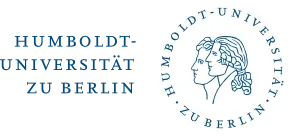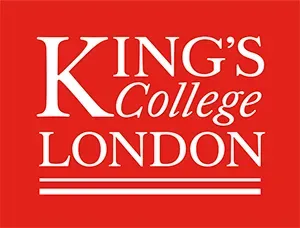This Circle U. Conversation invites Prof. Larissa Bombardi, a Brazilian geographer and whistleblower, as she presents key findings from her research on the profound impact of pesticide use on human health and biodiversity in Brazil. Her work has revealed the dangerous levels of pesticide contamination affecting rural communities, with many of these chemicals banned in the European Union but still used extensively in Brazil. This phenomenon described by her as "chemical colonialism," highlights the exploitation of weaker regulatory frameworks in the Global South by powerful corporations in the Global North. As a result of her outspoken criticism of Brazil’s pesticide policies, Dr. Bombardi faced escalating threats that ultimately forced her into exile, making her a refugee researcher in Europe. In this event, she will her personal journey of advocating for environmental justice and the challenges she has faced in defending freedom of speech.
Following her presentation, a panel of PhD students, who participated to the Circle U. Summer School in Global Health and Academic Chairs from the Knowledge hubs in Global Health and Democracy will engage in a discussion on the broader social, environmental, and political implications of pesticide use, public health, and the legacy of colonialism in modern agricultural practices.
Programme
| 14:00 |
Introduction
|
| 14:05 |
Keynote: Pesticides, Health, and the Fight for Freedom of Speech: A journey from Research to Exile
|
| 14:30 |
Comments by PhD students and Circle U. Academic Chairs
|
| 14:45 | Questions/comments from attendees |
Books of Prof. Bombardi:








